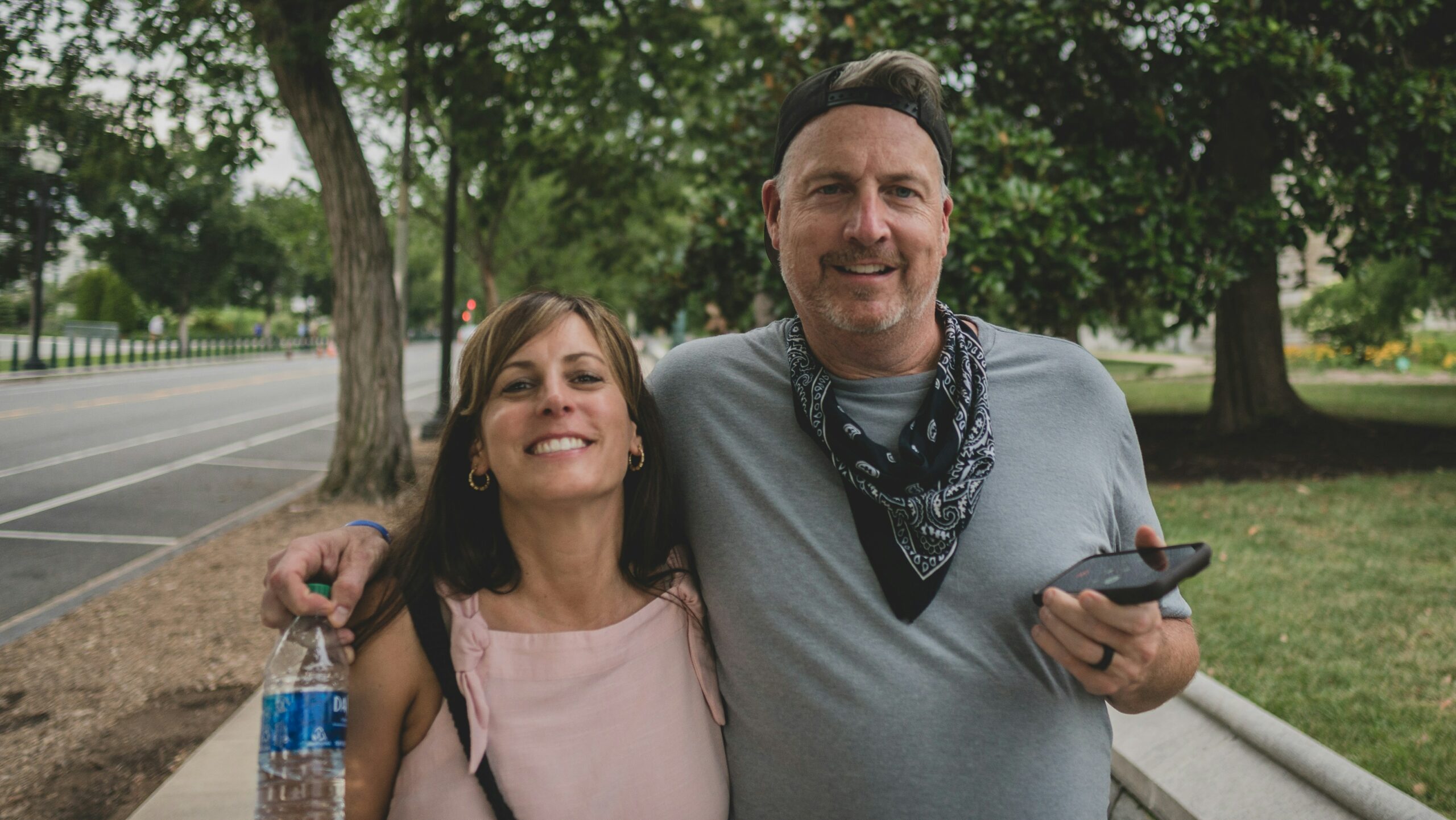Healing from Depression
Depression is more than just the everyday highs and lows of teenage life; it’s a serious condition that affects every aspect of a teen’s well-being. With appropriate support, teenagers can navigate these challenges successfully and be restored hope and happiness.

What is Depression?
Determining whether a teen is experiencing depression or simply navigating the typical ups and downs of adolescence can be challenging. Symptoms of depression are persistent, present most days, and last throughout the day for at least two weeks. These symptoms cause significant distress and interfere with the teen’s daily functioning. Without treatment, depression is unlikely to improve and may worsen over time. Symptoms include low self-esteem, feelings of worthlessness, extreme sensitivity to criticism, pervasive sadness, hopelessness, thoughts of death or dying, withdrawal from activities and people, irritability, difficulty concentrating, memory issues, decision-making challenges, poor academic performance, and changes in sleep and appetite.
How do we treat depression?
Antelope Recovery offers a variety of effective treatments for depression. We utilize cognitive behavioral therapy and health and wellness sessions to address depressive symptoms. Our health and wellness sessions focus on behavioral activation to help teens establish good sleep habits, maintain daily routines such as chores and schoolwork, and engage in enjoyable activities. Cognitive techniques and Acceptance and Commitment Therapy (ACT) are used to challenge negative thinking patterns and manage emotions effectively. Additionally, interpersonal therapy is employed to help adolescents build healthier relationships at school and home. We may also recommend a psychiatric evaluation to assess the need for medication.
Overcoming difficulties in treating Depression
A common challenge in treating depression is the lack of motivation and energy, which can intensify feelings of sadness and isolation. Our treatment strategies aim to increase the teen’s motivation to participate in previously enjoyable or necessary activities. Severe depressive symptoms may lead to suicidal thoughts and self-harming behaviors. Ensuring the teen’s safety is a critical first step in treatment, which includes creating a safety plan and securing a safe home environment.
Benefits of healing from Depression
Treatment for depression helps individuals develop a more hopeful and optimistic outlook on the future. They may begin to see themselves as more capable and have a more positive self-view. As depressive symptoms reduce, individuals start to re-engage in activities they once enjoyed. Celebrating small successes along the way can boost their energy and motivation, encouraging them to continue on the path to feeling healthier.
Therapeutic modalities used for Depression
At Antelope Recovery, our team of experienced professionals utilizes numerous therapeutic modalities to aid your teen’s journey to health and happiness. Explore some of the modalities used below.
A Glance at Our Intensive Care for Depression
Monthly Case Consultations
Ongoing Virtual Support
Initial Assessment
Parent Support
Custom Treatment Plans
Interdisciplinary Care Coordination
Learn More About Our Virtual IOP Program in Colorado
Our IOP lasts between 4-12 weeks and includes 3-20 hours of care a week, depending on what is needed for your teen to build the foundation necessary for lasting recovery. Treatment plans are completely customized to your teen’s needs.
Your Family’s Recovery Roadmap
- Schedule a free consultation to kickstart your teen’s recovery and create a personalized action plan.
- Our team at Antelope Recovery takes the reins, crafting the perfect recovery plan for your teen.
- Work the program through to completion! We offer continued post-treatment support through our alumni and services network.
Invest in the Best Care for Your Teen

Personalized Care
We customize your teenager’s treatment plan and weekly schedule to ensure they are on the most effective path to recovery.

Home-Based Recovery
Our virtual IOP allows teens to practice therapeutic skills in the comfort of their own homes, integrating healing into their daily lives.

Experienced Providers
Our team brings years of expertise and understanding to every therapy session or group, ensuring your teen receives top-tier care.

Continuous Improvement
We’re pioneers in the field of teen mental health, using data to drive innovation and enhance services for our clients.
Frequently Asked Questions
-
Depression is one of the most common mental health disorders in the U.S. Risk factors include family history of depression, major negative life changes, trauma, and stress.
-
Rates of depression in adolescents have increased, with 15% to 20% of adolescents reporting having experienced a major depressive episode. Suicide is the second leading cause of death for adolescents and warning signs, including depression, should never be ignored.
-
Adolescents may exhibit some symptoms of depression different than adults. For example, teens struggling with depression are more likely to exhibit irritability and anger rather than sadness. Vegetative and physical symptoms are more common in adolescents, like loss of energy, sleep issues, and changes in weight and appetite.
-
A diagnostic evaluation typically includes a structured clinical interview to collect information such as personal history, onset and course of current psychological symptoms, and past treatment. It may also incorporate the person’s responses to various validated self-report measures of psychological functioning.
-
Be gentle but persistent, listen without judgment when they decide to open up, and help them take small steps in improving their symptoms. Promote healthy eating and good sleep habits, encourage them to take little steps to be more active and engaged in activities. If your child continues to struggle or shows signs of worsening symptoms contact a mental health professional about treatment options.
-
Know that many people experience mental health challenges at some point in their lives and asking for help is a big step toward feeling better. Share with your parents the struggles you have been going through and tell them that you want help. Opening up about your struggles will also help you feel less alone and help your parents support you in getting better.
-
Your teen does not need to have a formal diagnosis to be admitted to Antelope Recovery’s program. We understand that mental health issues can be complex and sometimes unclear. As part of our intake process, our professional therapists will conduct a thorough assessment to understand your teen’s unique situation, needs, and challenges. This evaluation helps us determine if our program is the right fit and how we can best support your teenager. Our goal is to provide care that meets your family’s specific needs, regardless of a prior diagnosis.
-
Virtual mental health care has proven to be highly effective for teens. In addition to efficacy, virtual care offers increased accessibility, flexibility, and comfort — allowing teens in any part of Colorado to access intensive outpatient services.
Our therapists are skilled in utilizing virtual platforms to create engaging and therapeutic connections, and our virtual intensive program emphasizes integrating healing into everyday life. We also provide a user-friendly dashboard that allows you to easily navigate your teen’s care and access information on payments, treatment notes, and more.
-
The duration of treatment at Antelope Recovery is tailored to the individual needs and progress of each teen. Typically, our IOP lasts between 4 to 12 weeks and OP lasts anywhere from 1 to 12 months.
Depending on your teen’s unique needs, they can spend anywhere between three to five hours a day in sessions and other structured activities. Whether short-term or long-term, our treatment’s length is aimed at supporting meaningful, lasting change, and we remain committed to providing ongoing support for as long as it’s needed.
The Antelope Recovery Blog
Tune into our blog for regular doses of valuable insights and actionable advice.
Partner With Us for Your Teen’s Recovery
Empower your teen and strengthen your family with our innovative and compassionate approach to recovery. Schedule your free 15-minute consultation now, and let’s begin your teen’s journey to recovery today.







